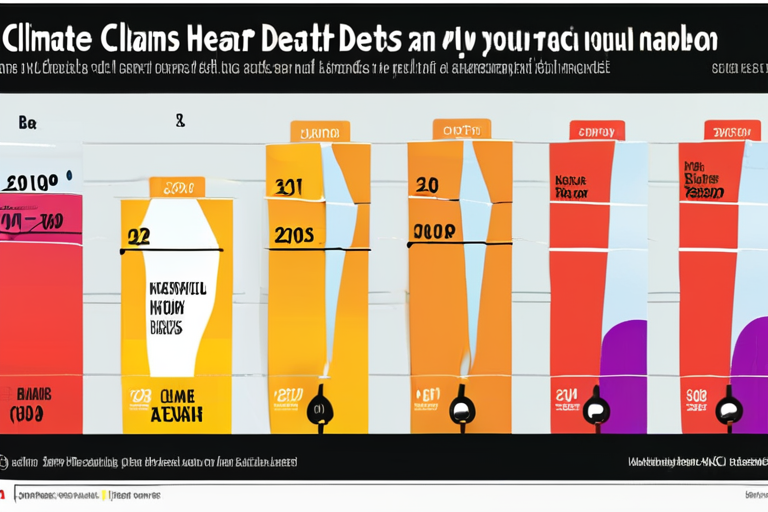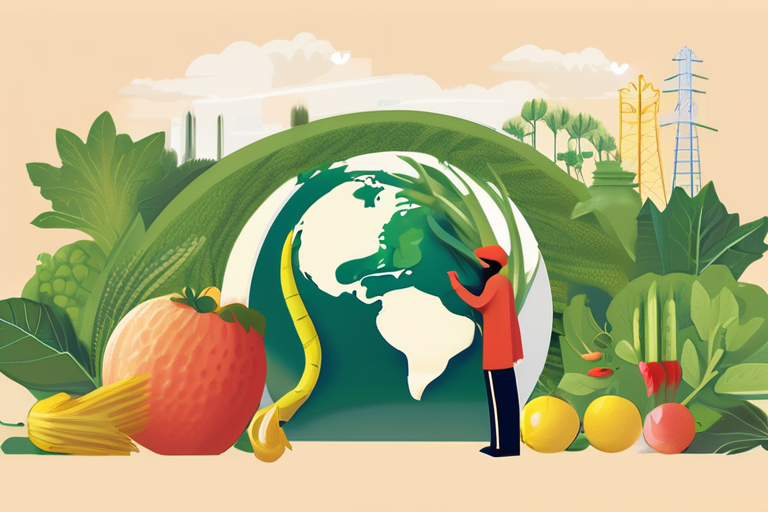Reducing Meat Consumption in Wealthy Nations Could Cut Climate Emissions by 50% and Save $1 Trillion


Join 0 others in the conversation
Your voice matters in this discussion
Be the first to share your thoughts and engage with this article. Your perspective matters!
Discover articles from our community

 Hoppi
Hoppi

 Hoppi
Hoppi

 Hoppi
Hoppi

 Hoppi
Hoppi

 Hoppi
Hoppi

 Hoppi
Hoppi

Feeding the World Without Destroying It: Can We Meet the Challenge? The world's population is projected to reach 10 billion …

Hoppi

Heat Deaths Skyrocket: Climate Change Cited as Cause of Two-Thirds of European Fatalities A recent analysis has revealed that human-made …

Hoppi

Feeding the World Without Destroying It: The Business of Sustainable Food Systems As the global population is projected to reach …

Hoppi

2025 Forbes Sustainability Leaders Summit: Premium Highlights As the world grapples with the challenges of climate change, sustainability, and technological …

Hoppi

Breaking News: Global Food System Fails to Deliver Half of Produced Calories A staggering 50% of the world's calories produced …

Hoppi

The Penny Solution: How a Simple Fix Can End Animal Cruelty Imagine walking into a factory farm, surrounded by rows …

Hoppi